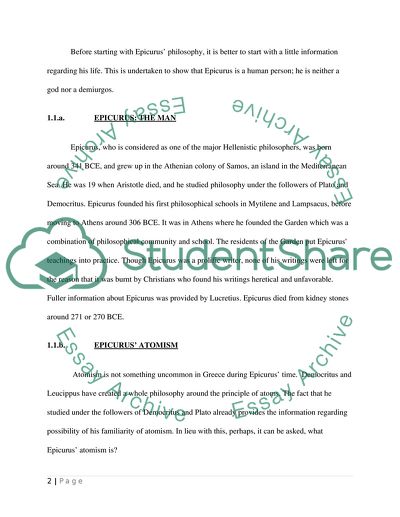Cite this document
(The Origin of Epicurus Concept of Void Research Paper, n.d.)
The Origin of Epicurus Concept of Void Research Paper. Retrieved from https://studentshare.org/philosophy/1728985-epicurus-and-atomism
The Origin of Epicurus Concept of Void Research Paper. Retrieved from https://studentshare.org/philosophy/1728985-epicurus-and-atomism
(The Origin of Epicurus Concept of Void Research Paper)
The Origin of Epicurus Concept of Void Research Paper. https://studentshare.org/philosophy/1728985-epicurus-and-atomism.
The Origin of Epicurus Concept of Void Research Paper. https://studentshare.org/philosophy/1728985-epicurus-and-atomism.
“The Origin of Epicurus Concept of Void Research Paper”, n.d. https://studentshare.org/philosophy/1728985-epicurus-and-atomism.


